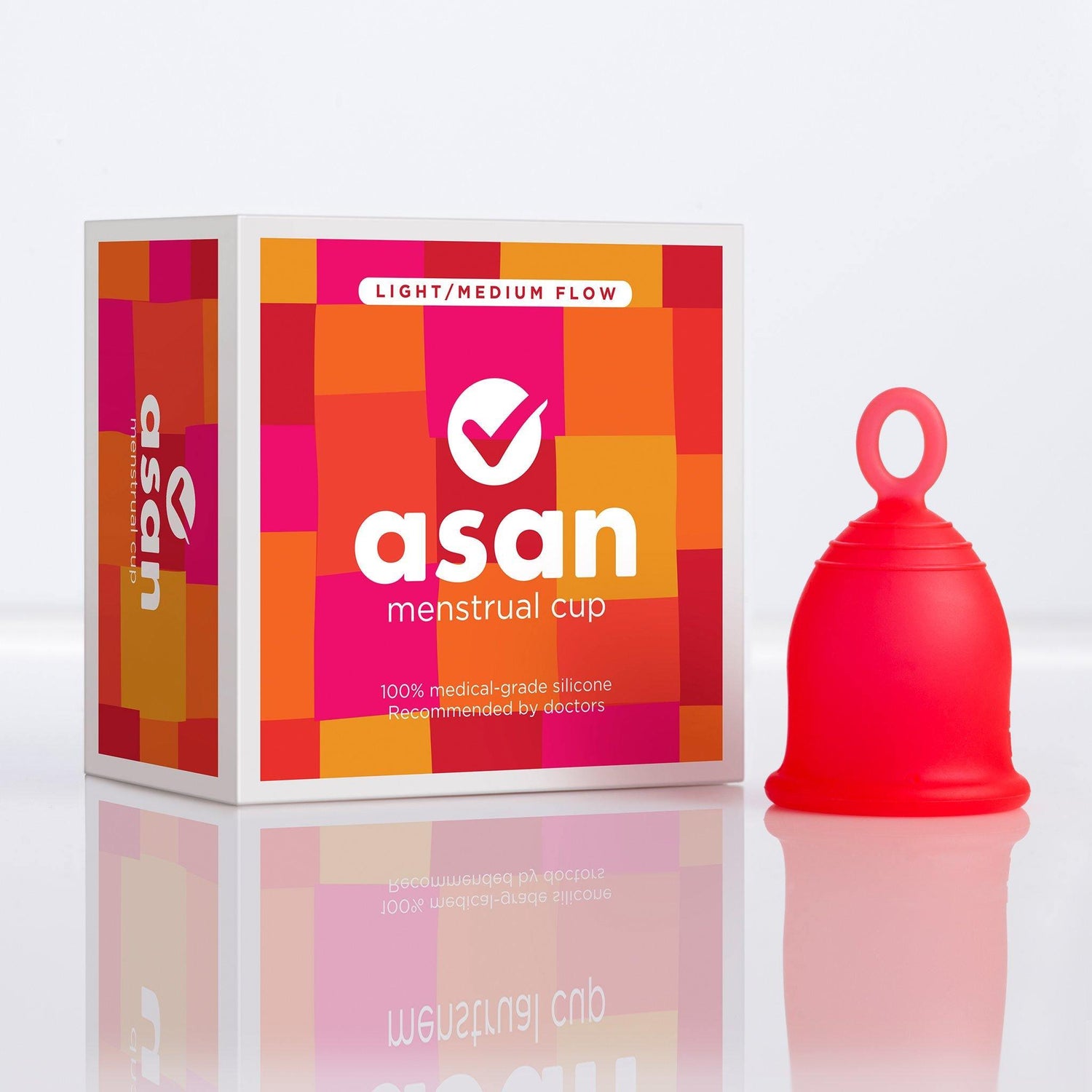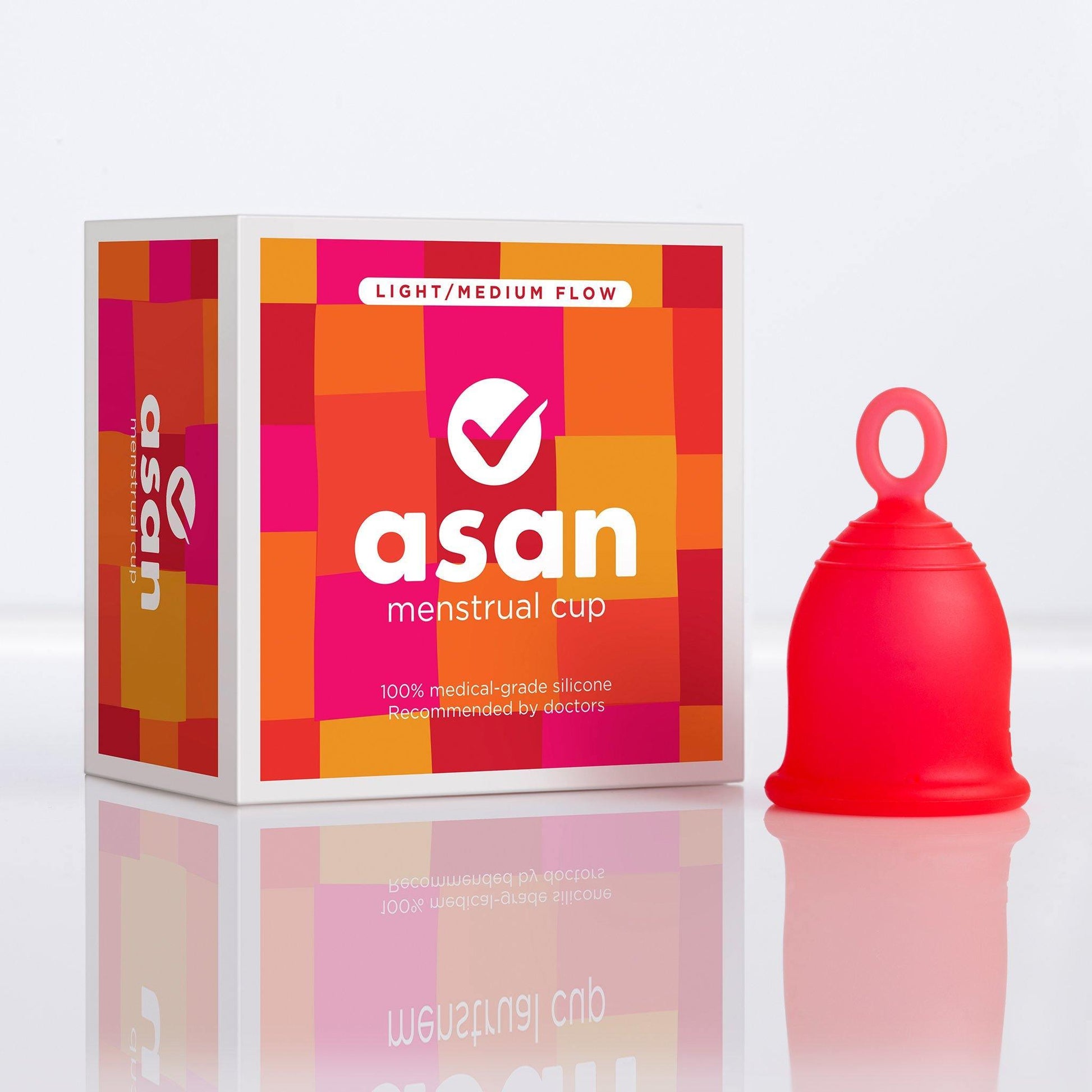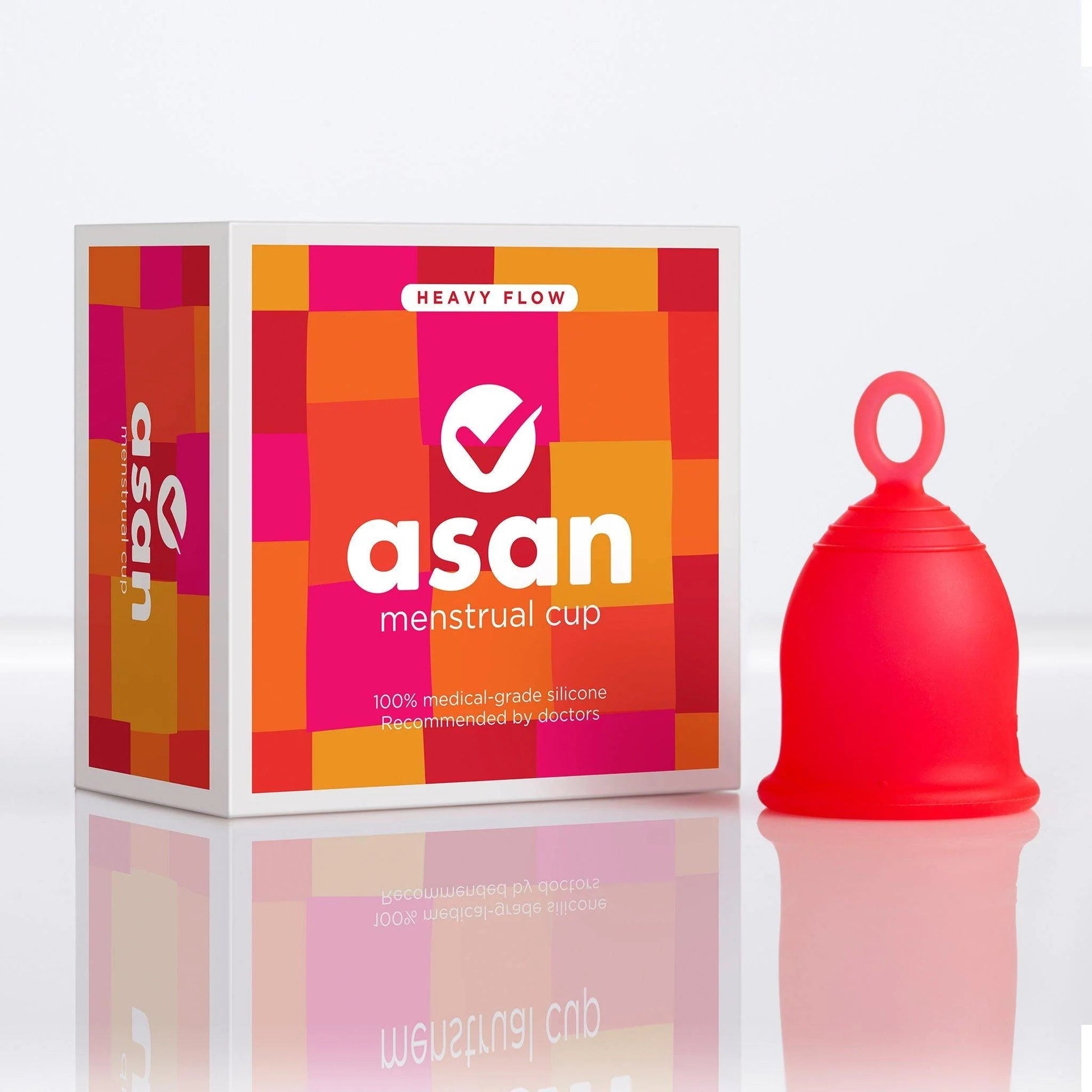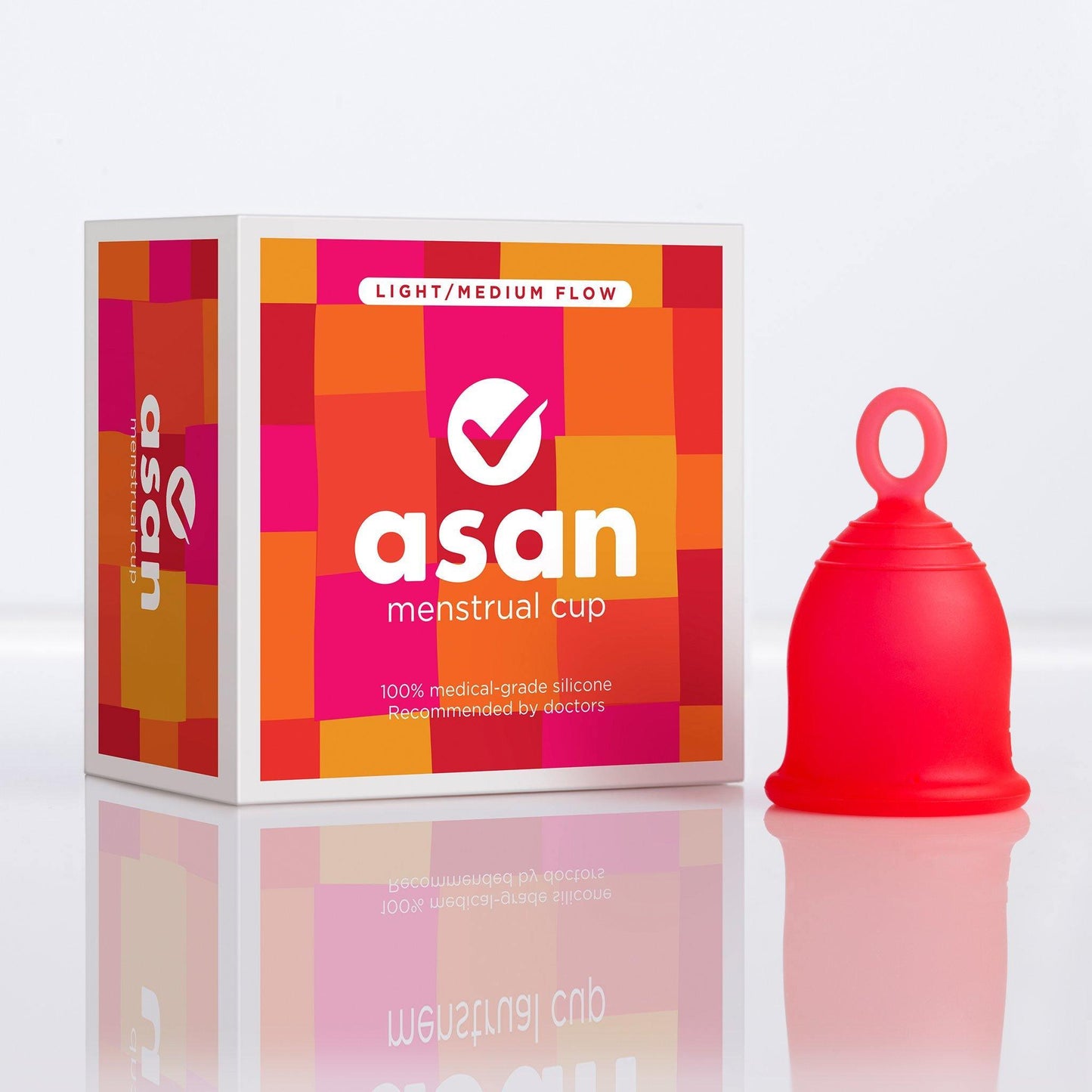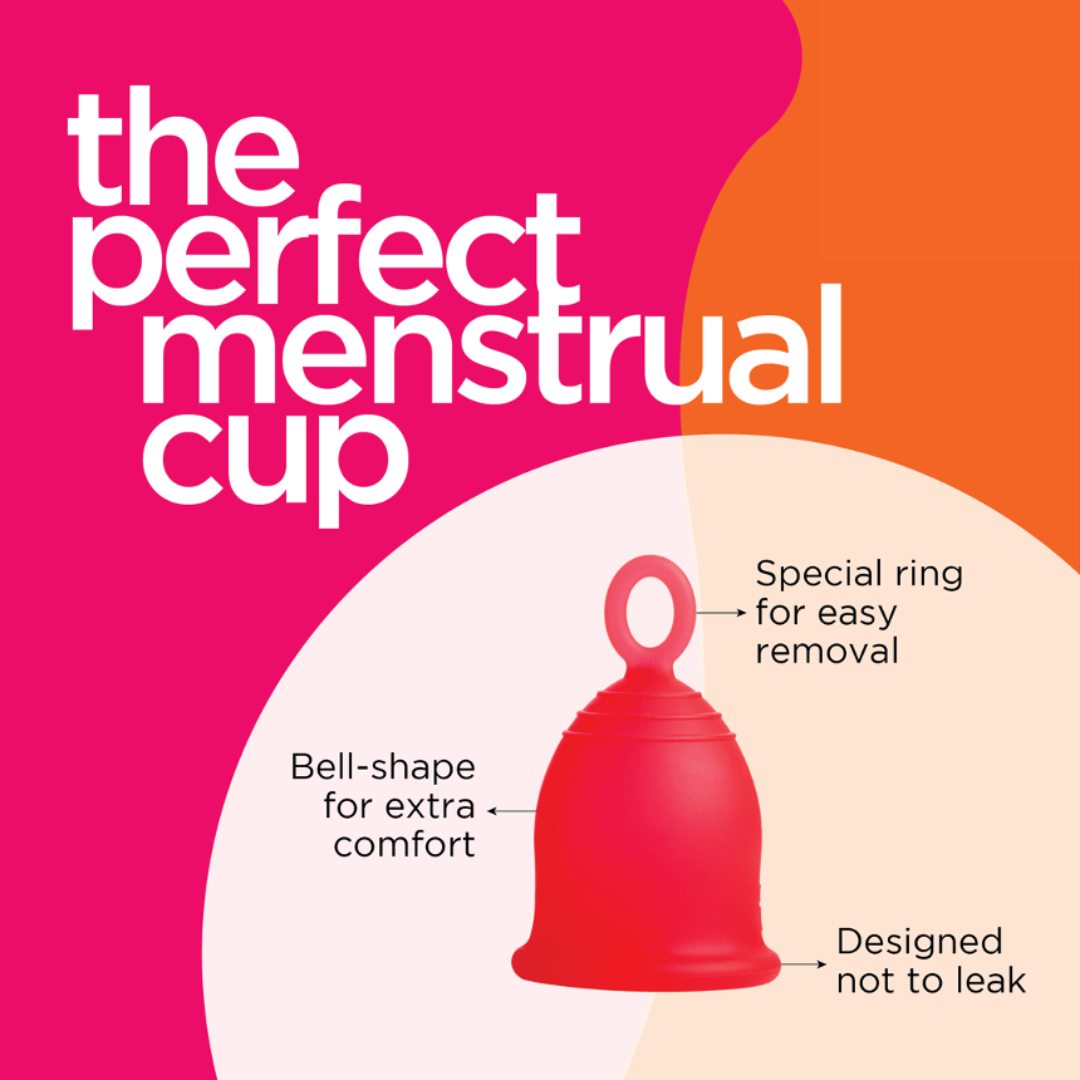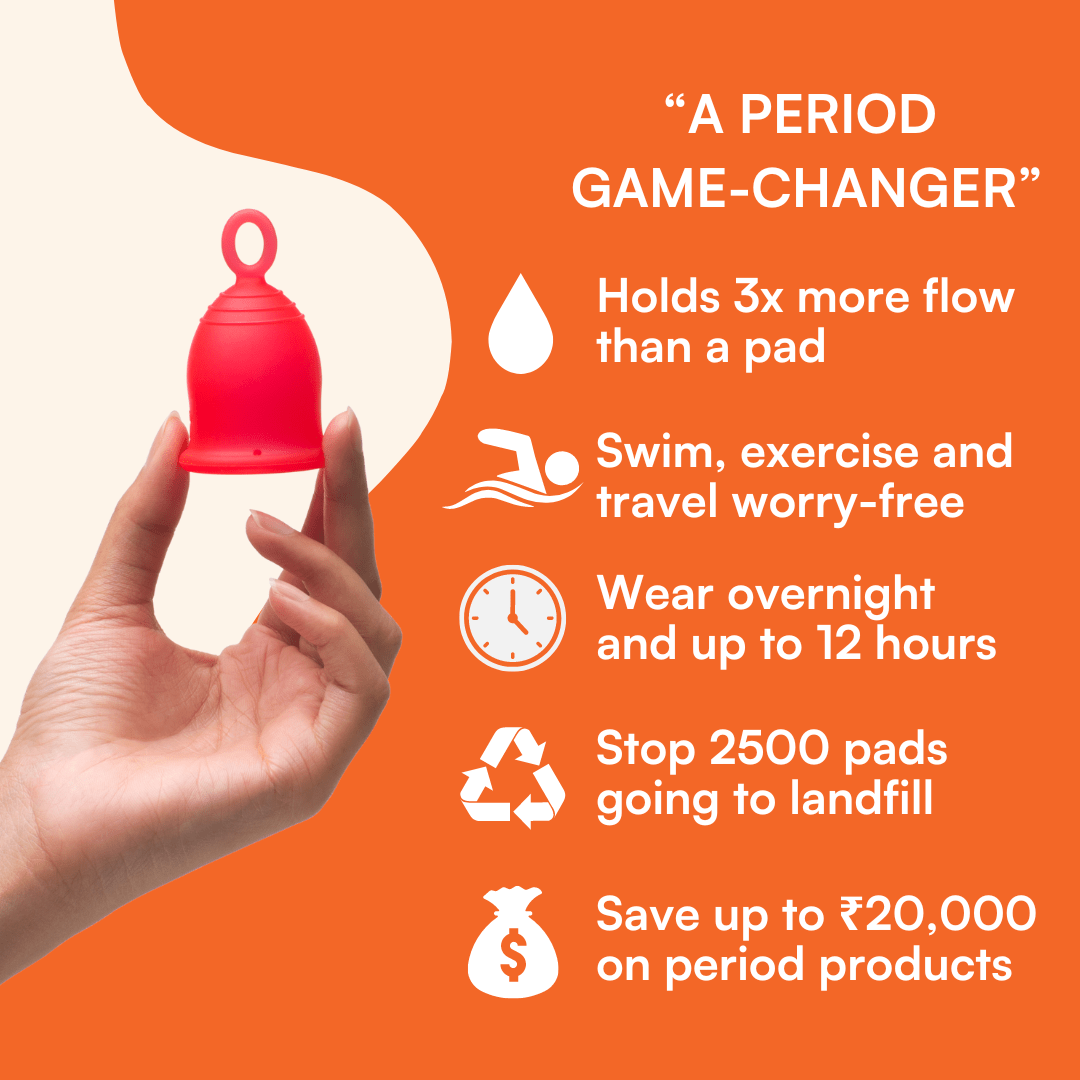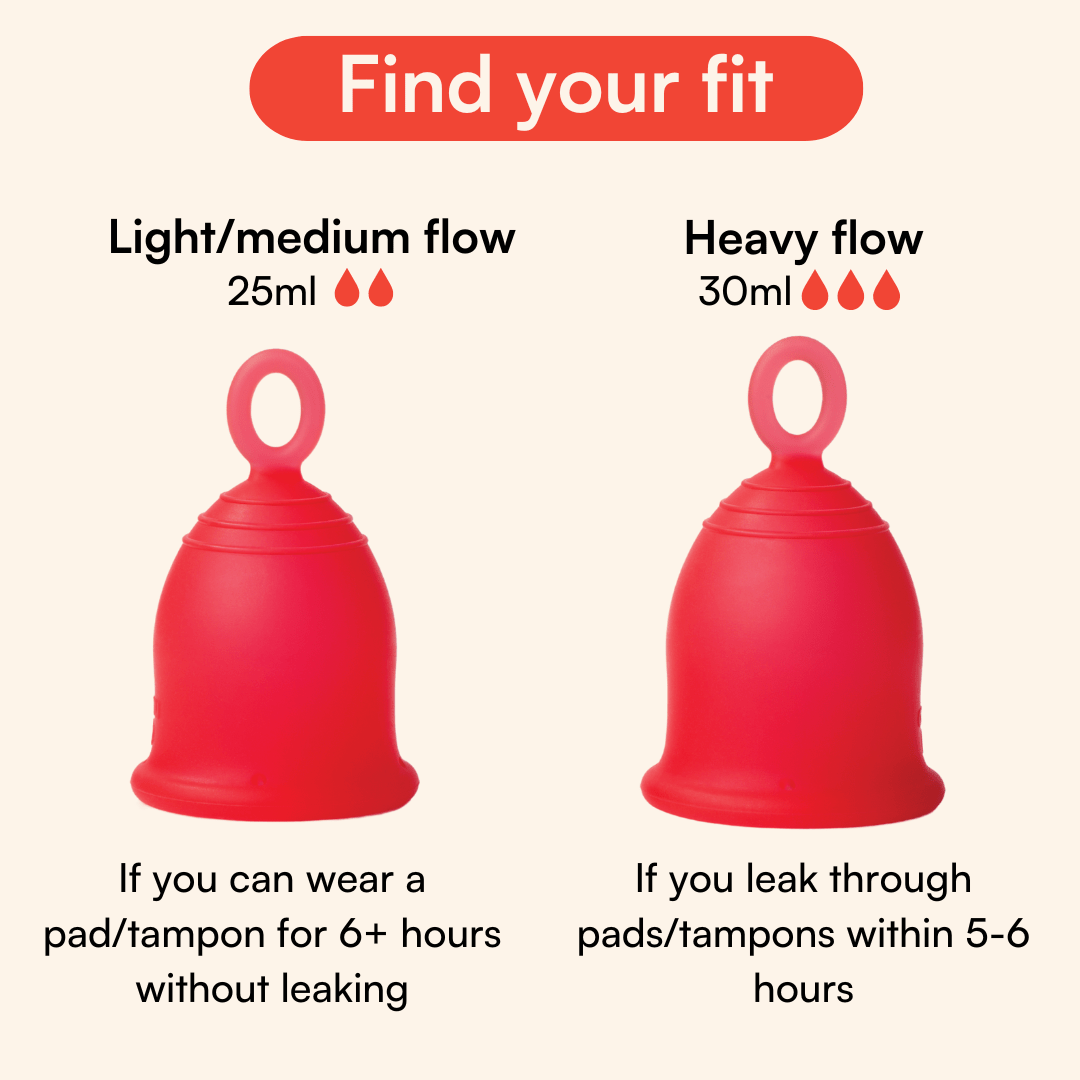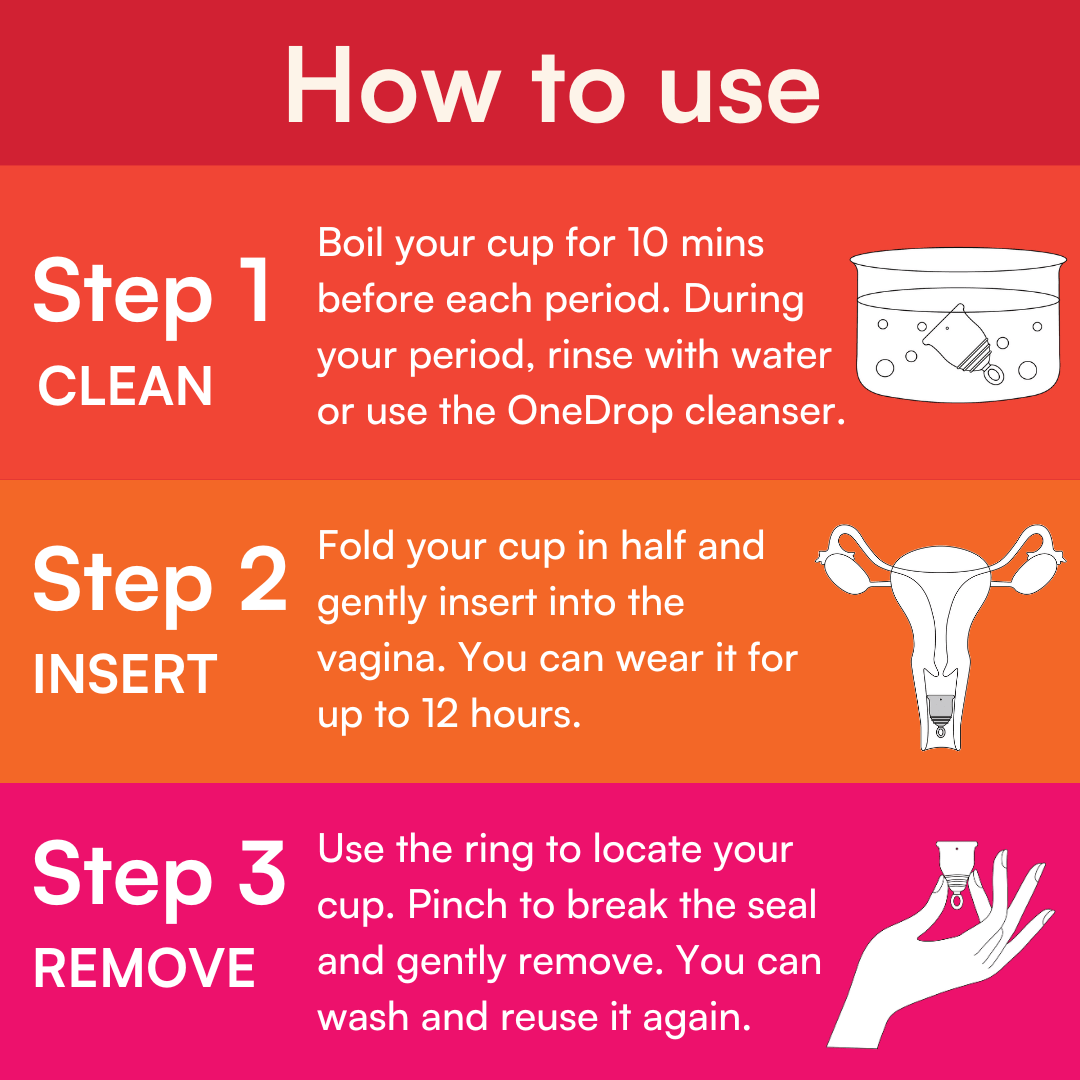
Are you seeing signs of early menopause and don’t know what to think?
You’ve come to the right place.
Most women assume that they will experience menopause between the ages of 45 and 55, when in reality, this can vary widely from person to person.
Officially, it is diagnosed when a woman has gone without a period for a full 12 months, but it doesn’t happen suddenly.
There is a period of time around menopause where the body is going through a natural transition and is called perimenopause.
This happens at different ages, more frequently in your forties and is completely normal.
An early menopause diagnosis on the other hand, is different to perimenopause and is when you completely transition to menopause before the age of 45.
If this sounds like your experience, don’t worry. This blog will give you a detailed insight into early menopause.
What are the signs of early menopause?
Early menopause often presents itself in several signs that warrant attention.
Women experiencing early menopause often notice irregular periods, sometimes skipping months or having unusually light or heavy flows.

However, unusually light or heavy flows could also have different causes, read this blog on heavy periods to learn more.
Sleep disturbances in early menopause are common in addition to hot flashes and night sweats.
In addition, vaginal dryness and decreased libido are common symptoms women experience in early menopause.
It is important for women noticing these signs, especially before the age of 40, to consult a healthcare provider for proper evaluation and guidance.
What are the causes of early menopause?
Early menopause can occur due to various factors. Being more aware of these factors can help you recognize the signs, understand your unique experience, and manage early menopause symptoms better.
Genetics
Family history can play a major role. If your mother or grandmother had menopause at a young age, there is a higher chance that you will too.
It is often helpful to speak with the women in your family to understand their timelines and experiences so you can get help at coping with early menopause.
Medical Conditions
Autoimmune diseases or chromosomal abnormalities, like Turner syndrome or Fragile X syndrome, can impact ovarian function, leading to an earlier onset of menopause.
Medical Treatments
Medical treatments such as chemotherapy or pelvic radiation can inadvertently trigger early menopause.

These treatments, often used for treating cancer, can damage the ovaries, reducing their ability to produce hormones and accelerating the onset of menopause.
The intensity and duration of these treatments can influence how quickly menopause sets in.
Surgery
Certain surgeries like an oophorectomy, which is the removal of ovaries or a hysterectomy, which is the removal of the uterus can also trigger immediate menopause.
This is because the ovaries are responsible for producing hormones like estrogen and progesterone, which regulate the menstrual cycle.
When they are removed, the sudden drop in hormone levels induces menopause.
Women undergoing surgery for conditions such as ovarian cysts, endometriosis, or certain cancers may experience this abrupt transition.
Early period
If you started your period before the age of 11, then you have a higher chance of experiencing early menopause.

This is because your body is naturally nearing the end of your reproductive cycle, but because your cycle started earlier, it is also experiencing the end much earlier.
How can I manage early menopause?
Early menopause can be challenging, but understanding it helps in managing the symptoms and seeking appropriate support throughout the process.
Lifestyle changes for early menopause
Managing early menopause through lifestyle adjustments can significantly improve quality of life. Here are some ways to make simple lifestyle adjustments:
- Eat a balanced diet with plenty of Calcium and Vitamin D to help your bone health in early menopause
- Make sure you’re exercising regularly—walking, yoga, or swimming can help keep your bones healthy, manage your weight, and reduce hot flashes
- Manage your stress through stress reduction techniques like meditation or deep breathing to help with mood swings and sleep patterns
Natural remedies for early menopause
Natural remedies can really help women going through early menopause.

Foods like soybeans, flaxseeds, and tofu have phytoestrogens that mimic estrogen and might ease symptoms like hot flashes and vaginal dryness.
Herbal supplements like black cohosh and red clover are also known for their estrogen-like effects. Combining natural and traditional treatments can work well together.
Just make sure to talk with your healthcare provider to ensure these herbal and natural supplements are safe and effective for you.
Psychological support for early menopause
Connecting with other women going through the same thing, whether it's in support groups, online forums, or just chatting with friends and family, can provide amazing comfort and perspective.

These phases are a natural part of aging and, with the right knowledge and support, you can develop better perimenopause management.
Menopause and perimenopause are unique for each woman, so knowing what to expect can help you navigate this stage with more ease and confidence.
Are there risks associated with early menopause?
Early menopause and heart health
Going through early menopause before 40 can really impact your heart health.
Estrogen helps keep your heart and blood vessels in good shape, so when those levels drop early, it can raise the risk of heart disease, including coronary artery disease and heart attacks.
Eating a balanced diet low in saturated fats and high in fruits, veggies, and whole grains is key for heart health.

Regular exercise, both aerobic and strength training, can help manage weight and improve heart function.
By keeping an eye on your blood pressure and cholesterol, along with a healthy diet and regular exercise, you can support your heart health and overall well-being during this time.
Early menopause and weight gain
Women going through early menopause might struggle with weight management and gain.
Lower estrogen levels and hormone changes can lead to more belly fat and higher risks of metabolic disorders like type 2 diabetes and heart disease.
A well balanced diet, regular exercise and good sleep are also important for managing your weight during this time.
Early menopause and cancer risk
Early menopause can also affect a woman's cancer risk.
Research suggests that women who experience early menopause might have a slightly higher risk of breast and ovarian cancer because of reduced estrogen, which plays a protective role against these cancers.
However, the overall impact depends a lot on your genetics and lifestyle.
Women going through early menopause should keep up with regular health screenings and talk to their healthcare provider about their cancer risk and preventive measures.
What are the treatments available for early menopause?
Hormone replacement therapy for early menopause
Hormone replacement therapy (HRT) is a common way to manage early menopause symptoms by adding estrogen and progesterone to your body.

It can help with hot flashes, night sweats, vaginal dryness, and mood swings. Plus, HRT can help keep your bones strong and lower the risk of osteoporosis.
It's important to talk to your healthcare provider to figure out the right type, dosage, and duration of HRT based on your health and risk factors.
Estrogen replacement therapy for premature menopause
Estrogen Replacement Therapy (ERT) is a go-to for women dealing with premature menopause.
ERT boosts estrogen levels to ease symptoms and mimic natural hormone levels. It not only helps reduce menopause symptoms but also supports bone health and heart function, which can be affected by low estrogen.
Healthcare providers are key in prescribing and monitoring ERT to ensure you get the most benefits while managing any potential risks.
Going through early menopause can feel daunting, but through conscious and well-intentioned lifestyle changes, a support system, and the right knowledge, you can rest assured that it will be okay!
